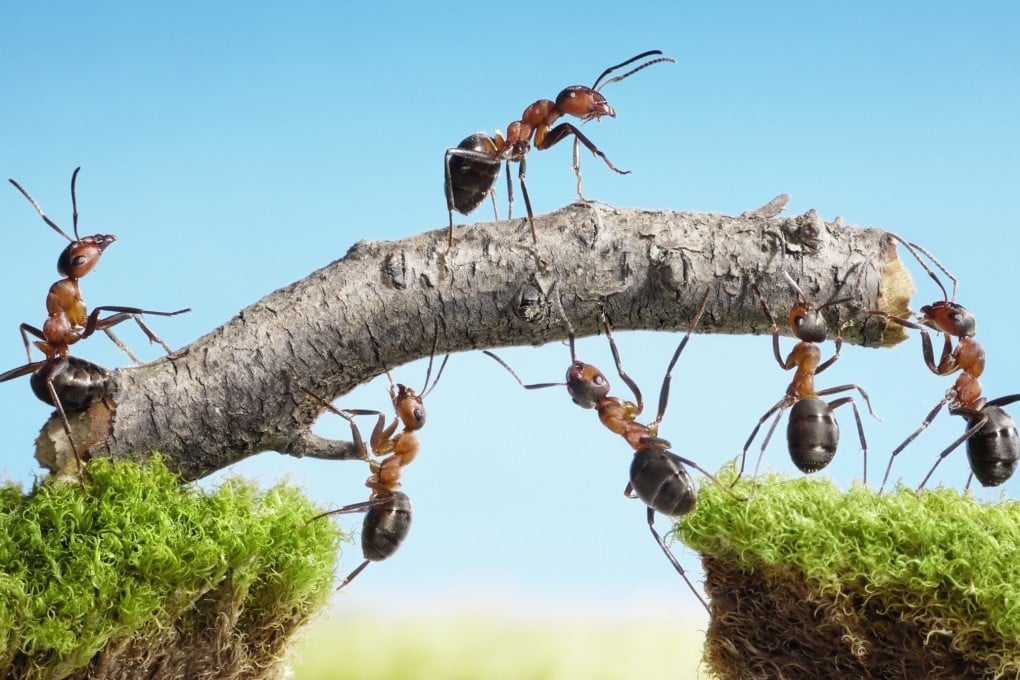Role-playing as ants to escape stress of Covid-19, millions join Facebook group
- A Facebook group, created in June 2019, has gained new life during the pandemic – nearly 2 million people are pretending to be part of a huge online ant colony
- One member of the group says the page has ‘relieved the stresses that Covid-19 brought, including emotional, financial and social burdens’

One slow morning in August, a shrill cry could be heard in the online ant colony: “Which one of you pesky six-legged punks found where I hid my Oreos? I went to get one and y’all were all over it.”
All hell broke loose. The responses ranged from offers of sympathy to confessions, accusations, innuendo and veiled threats, with the accusations ranging from blasé to outlandish. Among the comments: “Nom nom”, “Selfish, and “Nobody gets to hoard Oreos unless The Queen permits.”
Written in capital letters, which gave them a shouty quality, these comments were posted on a wildly popular Facebook group page titled “A group where we all pretend to be ants in an ant colony”.
An ant army of administrators and moderators maintains order over the almost 2 million ant colony members. The ethos is simple: “In this group we are ants. We worship The Queen and do ant stuff. Welcome to the colony.”

Though a closed group, anyone can ask to join. Members must promise to abide by 10 rules. The first few are predictable: they pertain to courtesy, a strict policy of no drugs, alcohol, sexually explicit material or violence, no hate speech or bullying and no promotions or spam. But rule six says: “The Queen: The first letters of the words ‘The Queen’ must always be capitalised.” The page’s banner picture is a line of worker ants silhouetted against the slogan “All Hail The Queen”.
Rule seven warns members to refrain from “antarchy” (ant anarchy), and rule eight determines members’ names. “Your Ant Name is just your name with Ant in front of it. Ex: Ant-Joe. Please only refer to each other by their Ant Names.”